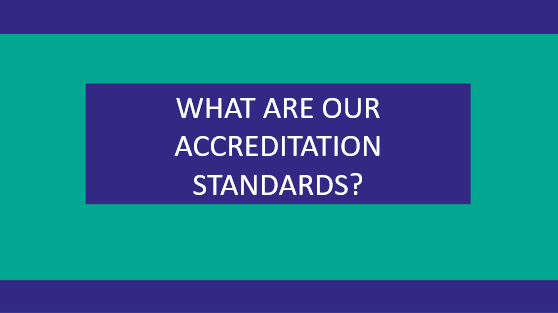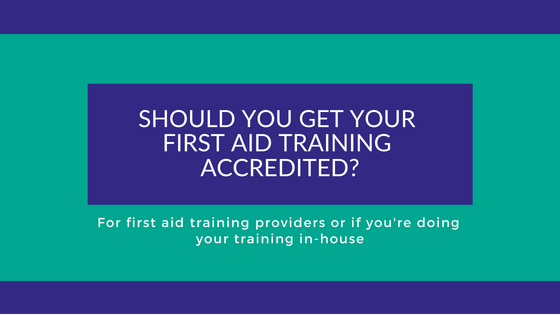Reablement is becoming an increasingly hot topic in the health and social care sector. As budgets continue to come under pressure, reablement offers a way to reduce costs for councils whilst maintaining peoples’ independence. In 2018, we released an ebook that covered the basics of reablement. We have now produced this in a blog...
Social Care Trends for 2019: The Tech Revolution is Cancelled
In our Future of Care Report, we forecast that eventually automation, AI and robotics would help change social care for the better, reducing costs and raising outcomes. Of course, this a long-term trend which is likely to take years. Health and social care, in particular the NHS, is oddly conservative when it comes to...
Social Care Trends for 2019: Funding and the Green Paper
2019 is likely to see social care funding remain a top issue for British politics. The sector and the public are both awaiting a much delayed green paper on the issue. It’s likely, however, to disappoint more than it will solve. The government has been talking of reform to social care in England –...
The NHS Long-Term Plan: What it means for training
The Government published its long-term plan for the NHS this week. We’ve looked at what it means for mandatory, clinical and specialist training for the next decade: Focus on mental health There has been a huge emphasis on mental health in the media and in politics in recent times, and this has carried...
What are our accreditation standards?
Advantage is an independent accreditation body. This means that our Awards and the courses of our centres are accredited against national frameworks and standards. Here is a brief overview of what we map all courses, lesson plans, syllabi, assessment materials and other resources against to robustly test quality: Legislation and Regulation Most training in...
Our Accreditation Process
Advantage accredits your internal training, trainers and training system. But what does that actually mean in practice? What process do we go through? 1. Your courses or ours? Advantage’s accreditation takes two forms: we can either accredit your courses, or accredit your trainers to deliver our Advantage Awards. Our Awards are suitable if you...
Why get your first aid training accredited?
Ever since the HSE deregulated (in a manner of speaking) the first aid training market, the number of providers has increased and differentiation has become more difficult. Awarding bodies and accreditation bodies often pitch themselves to first aid training providers as being to help them overcome the competition. But what’s really the case for...
Benefits of accreditation
Regardless of your sector, there are many different accreditation schemes available. Some people automatically reach for accreditation services, whereas others seek to go it alone. But what are the actual benefits of getting yourself accredited? 1. Confidence to regulators and external bodies Every sector has regulators, although some are more involved and prescriptive than...
What you need to complete the Care Certificate
The Care Certificate was launched in April 2015. At the time and since, it has been subject to many myths and misconceptions. What is the Care Certificate? What do your staff need to do to be able to complete it? What is the Care Certificate? The Care Certificate is a set of 15 standards...
What does accreditation mean?
We hear and read a lot about accreditation (especially us), but what does it actually mean, both in theory and in practice? We attempt to summarise. A definition of accreditation Accreditation is the external recognition of your adherence to a set of standards to perform an activity or hold a certain status. Typically, accreditation...
New research on vascular dementia
The Alzheimer’s Society has produced a spotlight on ongoing research into vascular dementia, the second most common form of dementia. The spotlight highlights a number of ongoing projects working to understand how to prevent the disease taking hold. One such project, led by the University of Oxford, is testing to see whether surgical procedures...
Not long left for Skills for Care managers’ survey
Skills for Care’s Managers and Nominated Persons survey ends tomorrow. The objective is to find out what the daily life and tasks of a care manager or nominated person consists of, so that Skills for Care can make recommendations for improvements. The survey is in part triggered by a lack of knowledge, but also...
Care home opens its doors to toddlers
A care home in London has become the first intergenerational facility in Britain by opening a nursery in its building. The move is expected to lead to both economic benefits for the care facility, and welfare benefits for the elderly residents. The facility is an example of an innovative, intergenerational solution to Britain’s care...
Your work experience checklist
If you’re a residential or domiciliary care organisation taking someone in on work experience, there’s a big benefit to yourself and the sector as a whole. Hopefully, you’re getting someone who’s enthusiastic who may even end up working for you someday and making a real difference. However, it’s easy to forget the basics when...
More than funding needed to change social care
Readers will be well advised to read a very interesting and provocative article in The Spectator on the need for reform in the social care system, concluding the system needs much more than just fresh cash. The article, by James Mumford, who led a review of social care for the Centre for Social Justice,...













